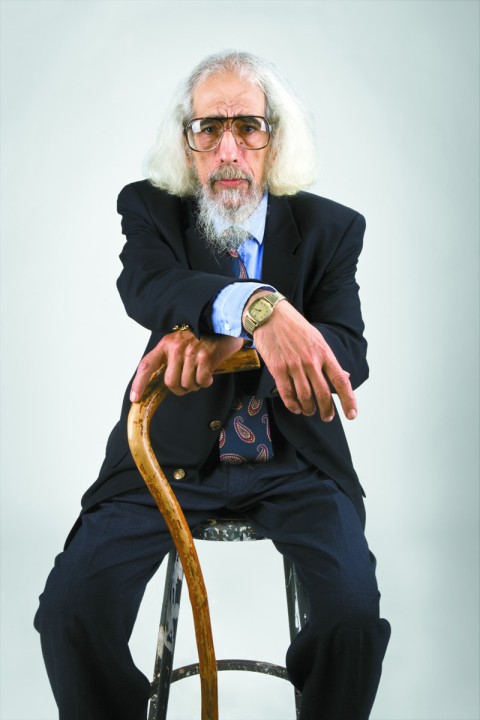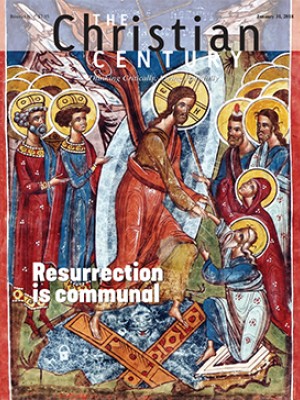Jonathan Z. Smith, religion scholar, dies at age 79
Smith raised fundamental questions about the nature of religion.

Jonathan Z. Smith, a historian and theorist of religion widely admired for his analytic rigor in comparing religions, died December 30 of lung cancer. He was 79.
Smith authored numerous books and served as the editor of The HarperCollins Dictionary of Religion. He spent his entire career at the University of Chicago. Though trained in the study of Second Temple Judaism and early Christianity, he amassed formidable knowledge on topics such as ritual, Hellenistic religions, Maori cults, and the mass suicide in Jonestown, Guyana.
He was an eccentric scholar with a mane of unruly white hair, a beard, large glasses, and an outsized personality.
In a 2008 interview, Smith said he never used a computer (he typed or handwrote all his papers) and viewed the cellphone as “an absolute abomination.”
Smith raised fundamental questions about the nature of religion and the challenges of comparing it across different cultures.
“He insisted on considering all religious phenomena in their social, historic, and cultural context, whereas his predecessors tended to treat them as atemporal expressions of eternal truths,” said Bruce Lincoln, professor emeritus of the history of religions at the University of Chicago Divinity School. “In this way, he retheorized religion as something human and thereby opened it up to critical investigation.”
Read our latest issue or browse back issues.
Margaret M. Mitchell, a professor of New Testament and early Christian literature at the University of Chicago, said he loved classifying, organizing, and thinking of religion in scientifically rigorous ways.
“He was famous for saying, in essence, that religion is a product of the scholars’ study,” Mitchell said. “It’s not out there. It’s created in moments of scholarly selection of material and choice to compare them with one another.”
Smith made that argument in a 1982 book, Imagining Religion: From Babylon to Jonestown. Richard Quebedeaux wrote, in a review for the Christian Century, that it contained “sparks of genius,” though he bemoaned that it was inaccessible to most readers. Still, he praised Smith’s analysis of the mass suicide in Jonestown, which he treated as an “ordinary, almost typical, religious—yes, religious—event, when understood in the light of ancient and classical texts.”
In a 1991 Century review of Smith’s book Drudgery Divine: On the Comparison of Early Christianities and the Religions of Late Antiquity, Robert A. Segal wrote that “Smith’s documentation of scholarly prejudice over the centuries is dazzling.”
Smith charged scholars with looking at early Christianity in relation to pagan groups in a way that neglects similarities or seeks to explain them as pagans borrowing from Christians rather than it being the other way around or having independently arrived at similar teachings.
“Smith contends that the disjunction regularly drawn between pristine, simple, apostolic Christianity and the later philosophical Christianity of the councils similarly reflects Protestant scorn for the purportedly Catholic importation of paganism into Christianity,” Segal wrote.
Editor's note: Logged-in magazine subscribers can search for articles from before 1998 via the EBSCOhost platform on our archives page, found on the left side after scrolling down.





